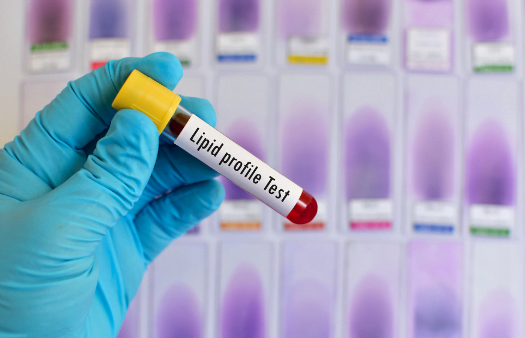Cardiovascular Biomarker Enzyme Testing in Veterinary Studies
In veterinary medicine, cardiovascular biomarker enzyme testing is a critical diagnostic tool used to monitor and assess the health of an animal's heart. This service involves the analysis of specific enzymes associated with cardiac function, which can indicate potential or existing cardiac issues. The primary focus is on detecting markers that reflect myocardial damage, ischemia, and inflammation, aiding in early diagnosis and treatment planning.
The enzymes commonly tested include creatinine kinase (CK), troponin I or T, cardiac-specific troponin (cTnI), and kallikrein 2 (KLK2). These biomarkers help identify myocardial injury, necrosis, and the extent of cardiac damage. The testing process involves the collection of blood samples from animals suspected of having cardiovascular issues.
The service is typically conducted using advanced laboratory instruments such as automated analyzers that can process multiple samples simultaneously. Quality assurance protocols are strictly followed to ensure accurate and reliable results. This includes thorough specimen preparation, ensuring the integrity of enzymes in the sample, and the use of standardized methods compliant with international standards.
Understanding the baseline levels of these biomarkers is crucial for interpreting test results correctly. For instance, elevated CK-MB levels can indicate myocardial infarction or other forms of cardiac stress. Similarly, increased cTnI concentrations are strong indicators of myocardial damage and necrosis. By leveraging this testing service, veterinarians can make informed decisions regarding patient care, including the initiation of appropriate treatments.
Compliance with international standards is paramount in ensuring the accuracy and reliability of these tests. The American Society for Veterinary Clinical Pathology (ASVCP) and the European Federation of Clinical Chemistry and Laboratory Medicine (EFCC) provide guidelines that laboratories adhere to when performing cardiovascular biomarker enzyme testing. These guidelines ensure consistency and comparability of results across different institutions.
The demand for this service is driven by the increasing awareness of cardiovascular diseases in animals, particularly in older pets. Early detection through comprehensive biomarker testing can significantly improve outcomes and quality of life for affected animals.
Applied Standards
| Standard | Description |
|---|---|
| ISO 15189:2012 | International standard for quality management systems in laboratories, ensuring the highest standards of accuracy and reliability. |
| ASVCP Guidelines on Cardiac Biomarkers | Guidelines specifically addressing the use of cardiac biomarkers in veterinary practice. |
| EFCC Recommendations on Laboratory Testing | Recommendations for ensuring consistent and accurate laboratory testing across Europe. |
Benefits
- Early detection of myocardial damage, necrosis, and inflammation.
- Precision in diagnosing cardiovascular diseases and conditions.
- Informed decision-making by veterinarians for treatment planning.
- Consistency in results through strict adherence to international standards.
- Enhanced patient care with timely interventions.
Customer Impact and Satisfaction
The cardiovascular biomarker enzyme testing service has a profound impact on the quality of veterinary care. By providing accurate, reliable, and consistent results, this service helps veterinarians make informed decisions that can significantly improve patient outcomes. The use of advanced laboratory instruments ensures precise measurements and minimizes the margin for error.
Customer satisfaction is high among our clients due to the comprehensive nature of the testing service. We offer a range of services tailored to meet the specific needs of veterinary practices, including training sessions on interpreting test results and best practices in sample collection. This support helps ensure that veterinarians have the necessary tools and knowledge to provide the highest standard of care.
Our commitment to excellence is reflected in our continuous efforts to stay updated with the latest advancements in cardiovascular biomarker enzyme testing. By adhering to international standards and leveraging cutting-edge technology, we are able to offer a service that meets or exceeds customer expectations.





